Calls to action that advance progress toward the Alliance 2030 goals
In order to make progress against our 2030 environmental and social responsibility goals, we create and share three calls to action each year. With input from Alliance members, in 2022 we prioritized wild-caught tuna, policy, and social responsibility. The Alliance requests that its members, and others in the responsible seafood movement, review these Calls to Action, share them with their networks, and take action when appropriate for their organization and areas of focus.
TUNA
Two major factors drive red ratings in tuna: management and bycatch. For highly migratory species like tuna, improvements in these areas require advocacy and reform at regional fishery management organizations (RFMOs). We strongly encourage NGOs and companies working on tuna improvements to collaborate and consider formal partnerships or memberships with the coalitions below
Tuna Processors, Traders, and Marketers
- Learn about opportunities to improve the sustainability of tuna via the International Seafood Sustainability Foundation (ISSF) and consider joining that effort. Companies that participate in ISSF join a group called the ISSA voluntarily, requiring compliance with ISSF conservation measures, audits, and standards of practice. Other stakeholders may consider participating on the Scientific Advisory Committee or Environmental Stakeholder Committee.
Retailers and Tuna Supply Chain Companies
- Learn about the work of the Global Tuna Alliance (GTA) and consider joining that effort. Participants commit to actively supporting GTA activities, sign a commitment to adobe by the GTA charter, publicly endorse the objectives of the GTA, and participate in sustainability initiatives that work towards meeting the World Economic Forum Tuna 2020 Traceability Declaration.
Non-profit Organizations
- Learn about the NGO Tuna Forum and consider joining that effort. Participation in the NGO Tuna Forum is by invitation only, though groups can submit a request form if they have a focus on tuna conservation or affected ecosystems and demonstrated expertise on a Forum priority, among other criteria.
SOCIAL RESPONSIBILITY
Social responsibility in seafood requires different approaches and considerations from the interventions used for environmental issues. To learn about best practices:
Read
- The Human Rights section of the Alliance Resource Library
- Worker-Driven Social Responsibility Best Practices from the Coalition of Immokalee Workers, International Accord, and Worker-Driven Social Responsibility Network
- Learnings and Reflections on Human and Labor Rights in Seafood
- Worker-Driven Human Rights Due Diligence as an Alternative to Social Audits
- Supporting Seafood Businesses in Protecting Human Rights: New Tools from the Global Hub that Work Together
- Statement by Alliance Executive Director on the FisheryProgress Human Rights and Social Responsibility
- Upholding the Rights of Seafood Workers in COVID-19
Watch
- “Social Audits: Shortcomings and Alternatives” with Business & Human Rights Resource Centre and Issara Institute
- “If This Is Going To Change, It’s Going To Take All Of Us” a conversation with the heroine, of the film, Ghost Fleet, Patima Tungpuchayakul
POLICY
Policy and advocacy efforts are critical to establishing policies, laws, and requirements to support responsible seafood. These often set minimum expectations for practices, allowing leaders to continue to lead and innovate while others in the sector implement and maintain practices that meet the legal requirements.
The Collaborating for Policy Reform guide provides a list of considerations when preparing and sharing policy and advocacy requests and serves as a resource to understand how your actions can enable successful outcomes from policy and advocacy efforts.

